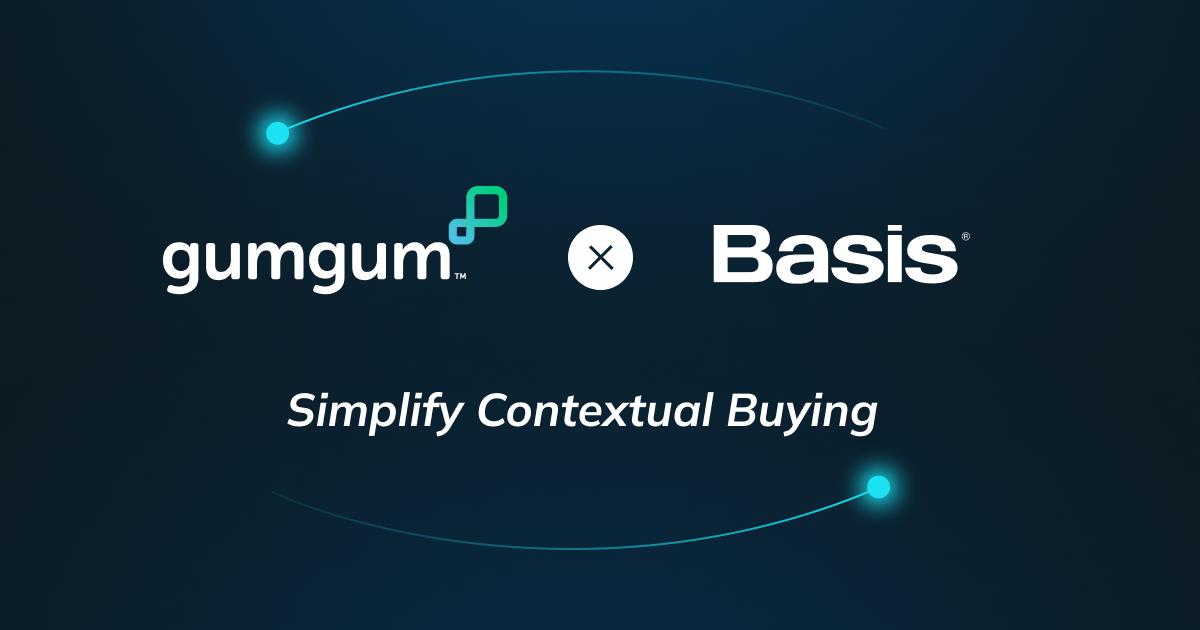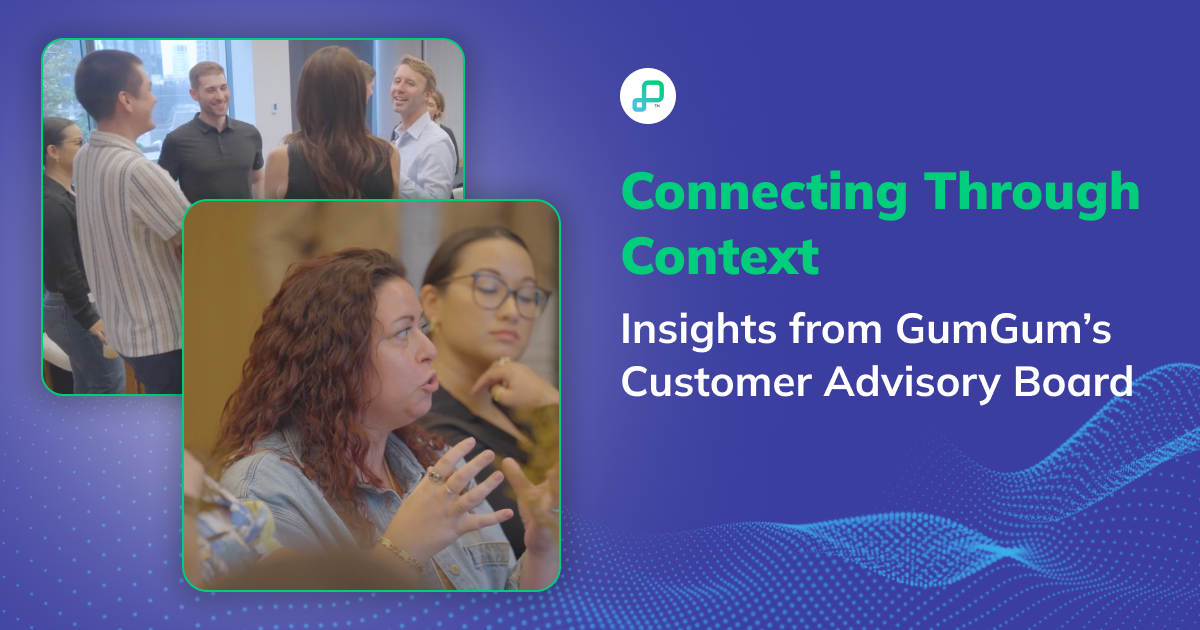Few things disconnect a viewer from a movie or TV show more than an obvious ad dropped in the middle of an important plot point. The same goes for influencer marketing on social media, when real people try to tell followers they're, like, super into a product. As such, traditional marketing strategies, such as knowing the target audience and desired tone, must be sensibly applied across both mediums to ensure users aren't turned off by the brand's presence.
With 40 years of experience, Branded Entertainment Network (BEN) connects consumers to global brands by skillfully utilizing the allure of popular entertainment. When James Bond drove a BMW instead of his traditional Aston Martin, it was BEN responsible for the brand's screen time. When Wonder bread sponsored the racing champ character played by Will Ferrell in Talladega Nights, that was BEN, too. And now the company has turned to cutting-edge artificial intelligence (AI) technology to help develop its dynamic marketing strategies.
We chatted with Aaron Frank, senior vice president of strategy and insights at BEN, to discuss how the company has gone high tech, and how it has become a trusted brand in its own right.

What's the story of BEN? How did the company come about?
Aaron Frank: In 2015, the Bill Gates owned media licensing company Corbis acquired both Norm Marshall & Associates (NMA) and Plaid Social Labs to form BEN. Founded in 1979, NMA was one of the first companies to work in what was then called “product placement,” and Plaid Social Labs, founded in 2008, was one of the first companies to work in influencer marketing. Today, BEN, still privately held by Gates, integrates brands into television shows, films, music videos and influencer content so that they can connect directly with audiences, without interruption. At the heart of our offering is deep learning technology that can predict the success of brand integrations and influencer marketing campaigns before they take place.
How does BEN utilize AI technology?
AF: Over the past few years, we have developed and trained proprietary deep learning algorithms by tapping into our 40 years of historical campaign data. When you look at the sheer scale of the content currently being created, it's impossible to manage and evaluate it all without a custom-built AI solution that can incorporate both structured and unstructured data. We began actively using our AI solution to predict the results of influencer marketing campaigns last year, and have already seen incredible results for our clients, such as a 170 percent increase in click-through-rates and a ten-fold increase in subscription conversion efficiency for one client.
Your CEO predicted that, one day, AI will change content in real-time, based on the viewer's facial expressions. Can you tell us a little more about that and if that's something BEN is working on?
AF: AI has the potential to change the relationship between content creators and their audiences. We're seeing that with experiments like Black Mirror: Bandersnatch. At BEN, we're currently focused on building predictive models that help brands drive greater ROI from influencer marketing and brand integration. We're right at the intersection between technology, advertising and entertainment-the possibilities for what that could look like in 3-5 years are endless!
Illustrations by Nicholas Roberts










